By Rebekah Lattin-Rawstrone
Celebrating the flash fiction anthology, Story Cities: A City Guide for the Imagination (Arachne Press 2019), this term’s City Writes was a flash fiction extravaganza held on Wednesday 11th December. The City Writes competition accepted submissions of 500 words or under, just like the anthology which was the brainchild of Novel Studio alumna Rosamund Davies, who edited the collection alongside Kam Rehal and our very own Cherry Potts of Arachne Press who is a tutor for the Approach to Creative Writing course.
The shorter word count allowed for a greater host of competition winners whose stories were diverse in content, style and genre, but equally excellent. We really were flooded with talent this term and competition was tough.
First up was Shibani Lal’s story ‘What She Knows’ about a girl whose knowledge is of the hardest and darkest kind. What she knows gives us a sense of everything she doesn’t know, of everything we are lucky enough to know, giving the event a difficult but breathtaking beginning. Sadly, Shibani, an alumna of Katy Darby’s Short Story Writing course, couldn’t be with us but I was delighted to be able to read this heart-breaking story for her.
We moved to a reinterpreted bonfire night next with Natasha Mirzoian’s story, ‘The Ritual’. Seeing the bonfire and fireworks from a new perspective gave an interesting insight into this part of the English calendar that we take part in without question. An alumna of Novel Studio, Natasha is embracing the flash fiction form at the moment and we look forward to hearing more from her in future.
Shabnam Grewal, an Approach to Creative Writing alumna, took us into the world of work next, with her story, ‘The Ghost’. Her protagonist finds himself lost between departments, employed without a role, going into the office simply to keep himself from the couch and the call of the chocolate biscuit. The ideal job for a writer, but watch out, at the end someone was watching…

Revati Kumar
Revati Kumar, another Approach to Creative Writing alumna, read next, transporting us into a new world and the beginnings of love in her story ‘The First’. Her main character describes arriving in a new country and staying in alone all day as the light fades until her love buys her a coat and shares the snow with her for the first time.
Next up, Bren Gosling, who has read three times at City Writes now and who has taken many courses at City, including the Short Story Writing Course and the Novel Studio, took us into the countryside in his story, ‘Where we were happiest’. A story of nostalgia for the lost days of youth, Bren is building up a huge collection of prize-winning stories we hope he’ll find a publisher for soon.
Current Novel Studio student, Helen Ferguson, read her story ‘Mother’s Kefir’ next, describing her protagonist’s struggle to keep her mother’s kefir alive, different jars of fermenting milk moving around the kitchen and fridge amid the jossle of family life, and the potential date with a vegan who might not be so excited by the kefir that soon turns rotten.
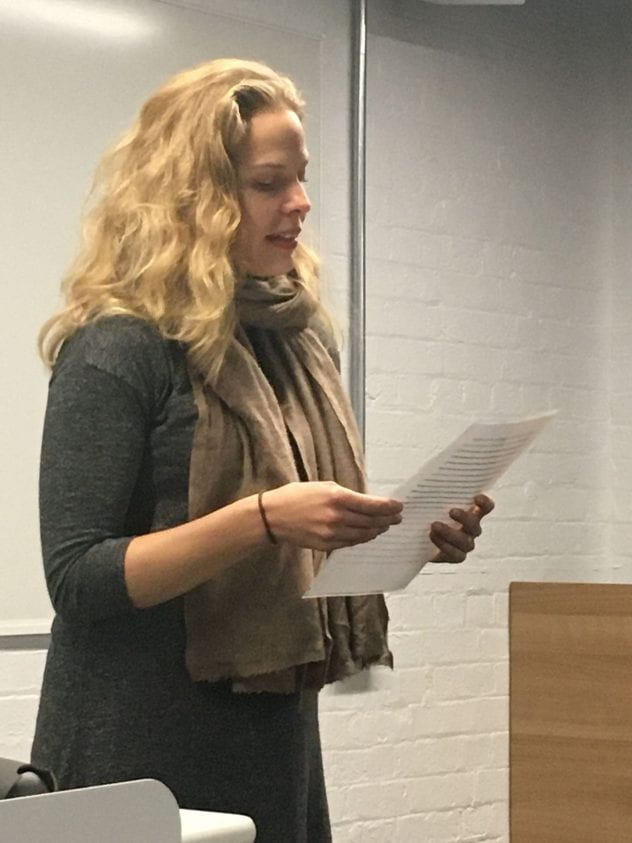
Andrea Holk
Short Story Writing alumna, Andrea Holck read her emotive story ‘Birth Story’ next. A devastating and funny story about birth, death, grief and unexpected discoveries, we all needed a breath before we were ready for the next flash. Luckily Angus Whitty was able to lighten the mood with his hilarious and satirical story, ‘Mattress’ about all the mattresses his character has loved.Another current student on the Novel Studio, Kathrine Bancroft, read next, taking us back to WWI with her story, ‘A Fish Called Fred’. A young boy shows us the blossoming love between his Uncle Fred and his mum through the story of his fish, named Fred after his Uncle.
The last of our competition winners, Harriet Atkinson, an alumna of Peter Forbes’ Narrative Non-Fiction course, took us into memoir next with her flash, ‘Marginalia’. How do you learn about a father who died when you were a baby? You find him in the margins of his library, in the words he underlined, in the pages he marked, in the curve of his handwriting. Thoughtful and tender, the audience were left with a whole host of thoughts and impressions from this stellar bunch of alumni and students.
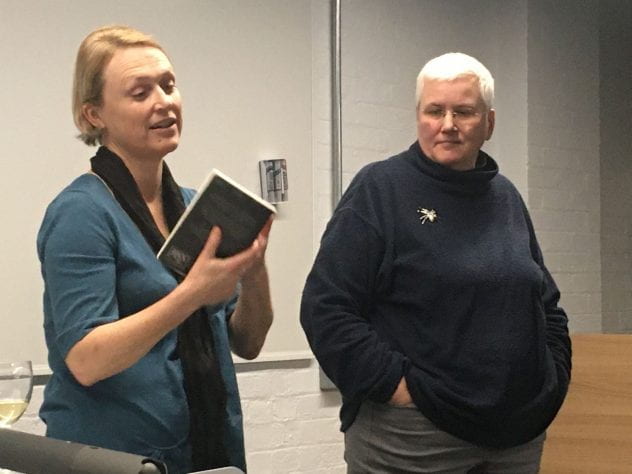
Rosamund Davies and Cherry Potts
Moving into the next part of the City Writes remit, we turned to our published professionals whose work appears in the Story Cities anthology. Novel Studio alumna, Rosamund Davies and Publisher and City Visiting Lecturer, Cherry Potts, introduced the anthology, explaining how it came about, how they were hoping to create a city guide with a difference, one in which story could connect and interweave city experience across the world.
We were then lucky enough to hear four of the pieces in the anthology, from City Short Courses alumni and tutor, Cherry Potts. Evleen Mann, another Novel Studio alumna, took us from the village to the city where her character grew into a woman amidst the buzz and culture. She then read Maire Malone’s piece that explored the darker histories of cities scarred by bullet holes. Sadly, Maire couldn’t be with us as she was promoting her novel, The Dream Circle on Irish Radio. Jayne Buxton showed us the softer side of the city next, those relationships built upon proximity and neighbourhood kindness as her character watched an old lady being served in a restaurant. Finally, Cherry Potts read her story that took us back to the very beginnings of all cities, that first person who looked upon the lay of that piece of land and decided to stay, to take my place to our place, to a place that should open it arms any traveller who decides, just as they did, to stay.
With book buying, book signing, wine and mince pies to end the evening, the City Writes Autumn Event really was a flash fiction extravaganza showing not only the talent coming from our wonderful students, but the diversity and power of the flash fiction form itself. Hooray for the short story!
Next term’s City Writes will host the fabulous Shahrukh Husain whose stella career includes screenplays, plays, fiction and non-fiction. Editor of The Book of Witches, reissued by Virago in October of this year, Shahrukh Husain with be exploring the ongoing relevance of the witch and myth and fairytale in general. Watch this space for details of next term’s competition deadlines (we’ll be moving back to 1,000 words) and booking details. You can read Emily Pedder’s interview with Shahrukh Husain here.
Thanks to everyone who helps to keep City Writes going. We’re building a community for our fabulous students, tutors and alumni to share work and grow together.















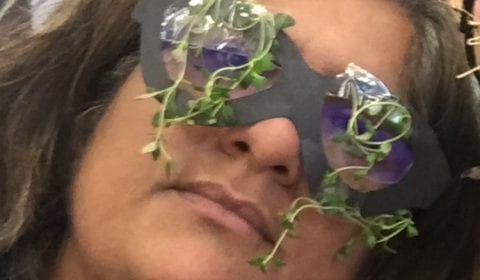




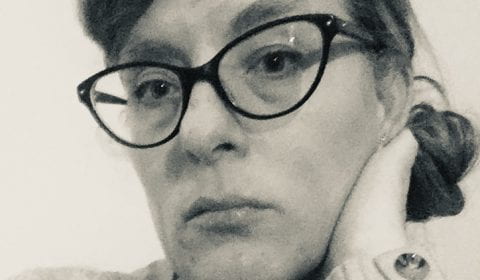
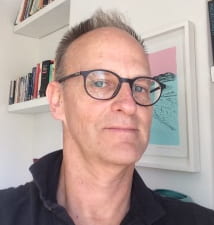

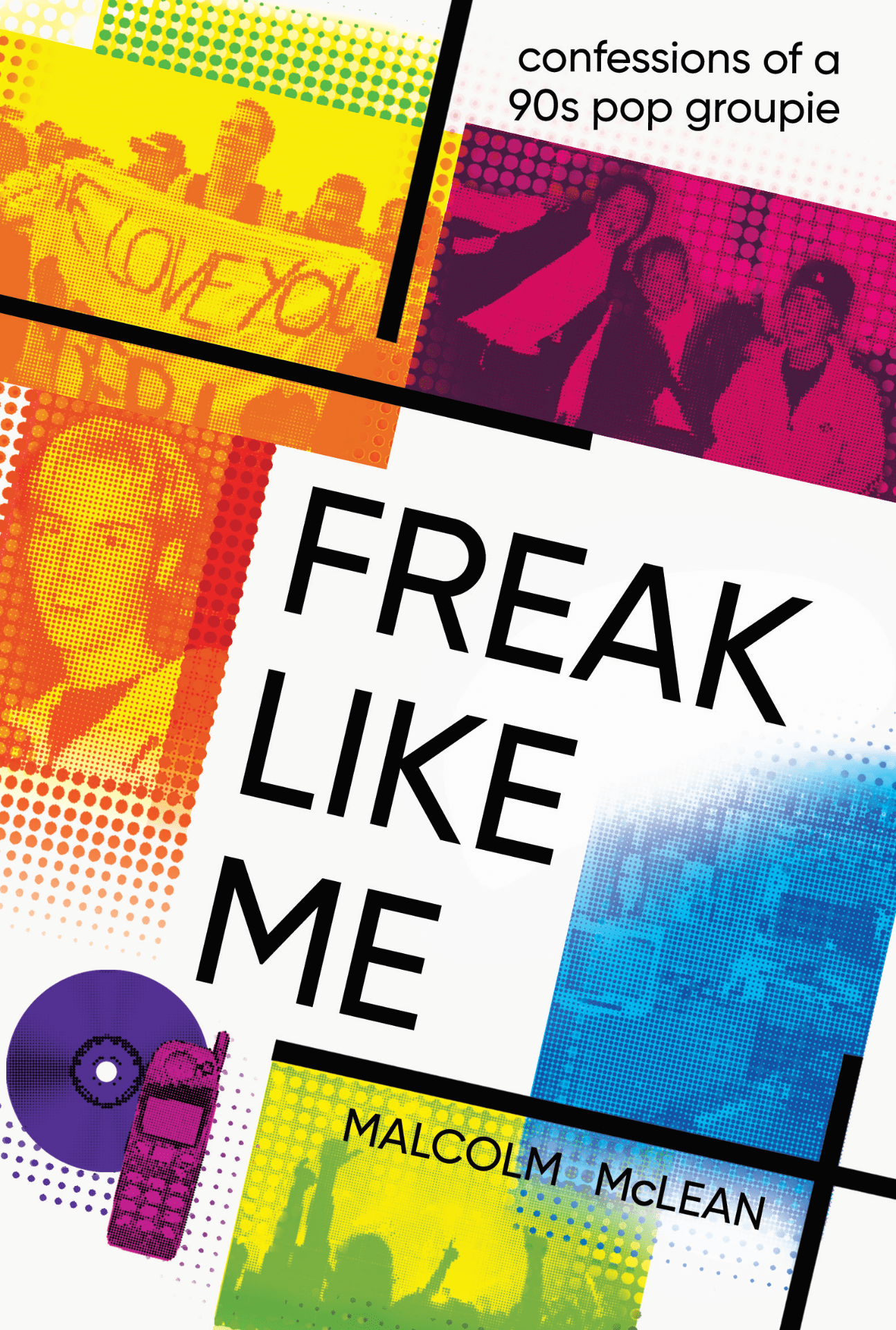



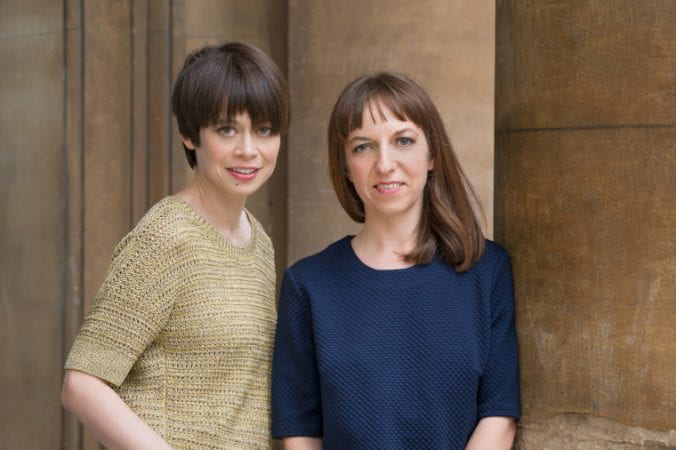

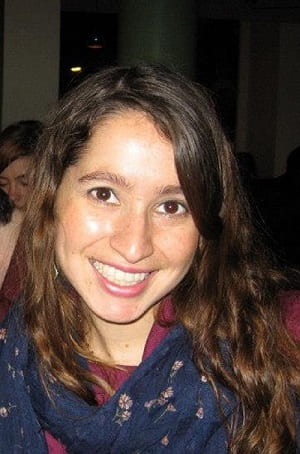
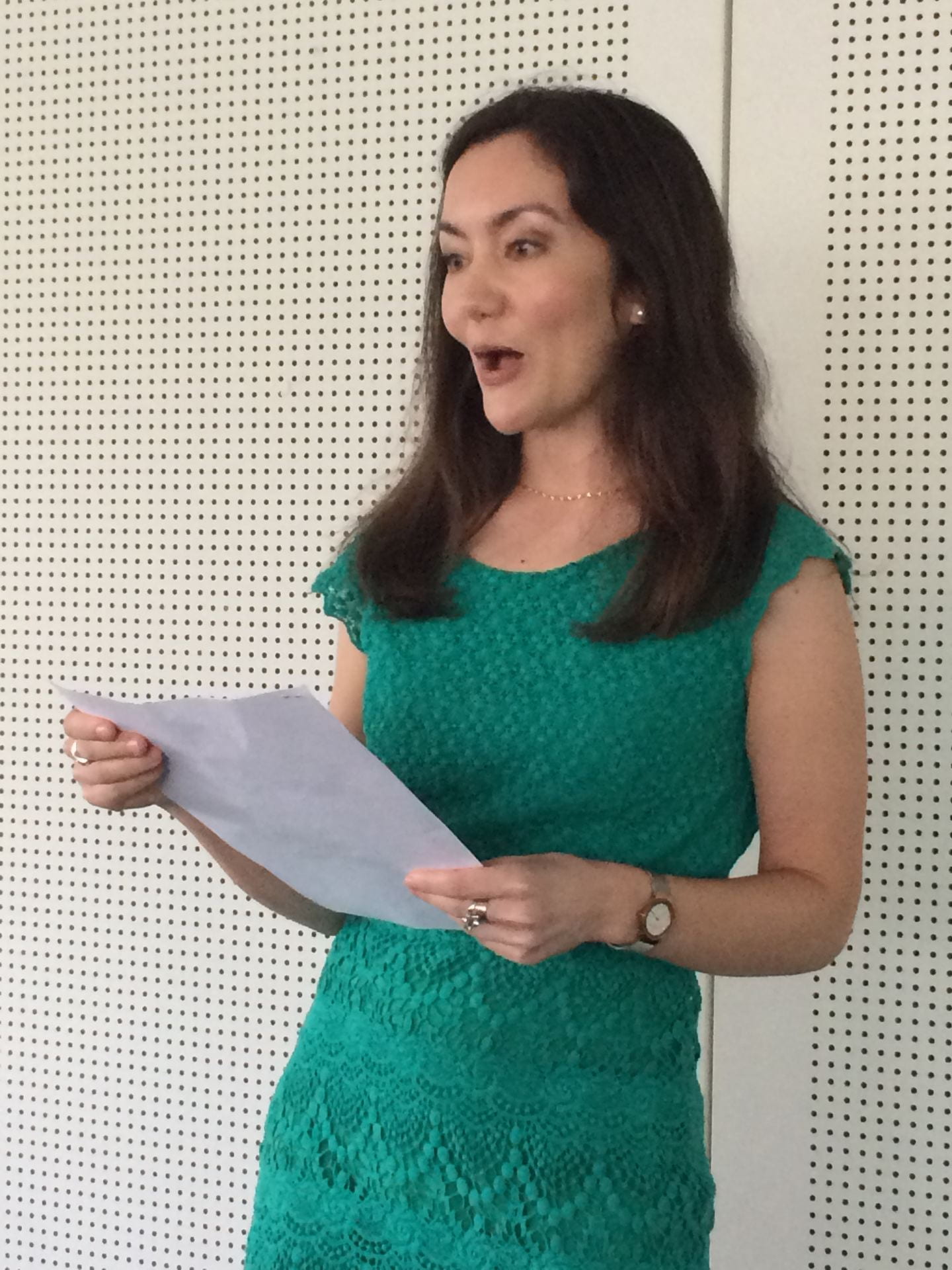
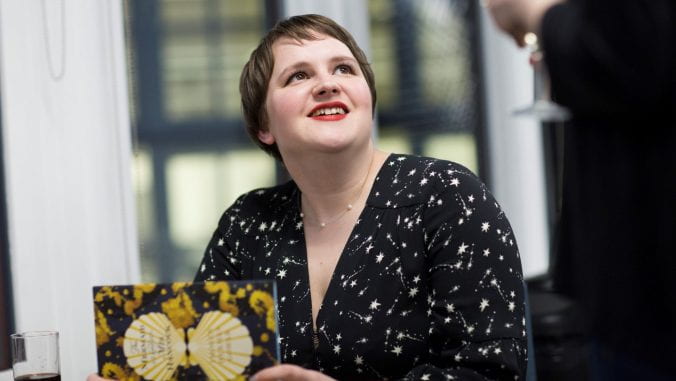

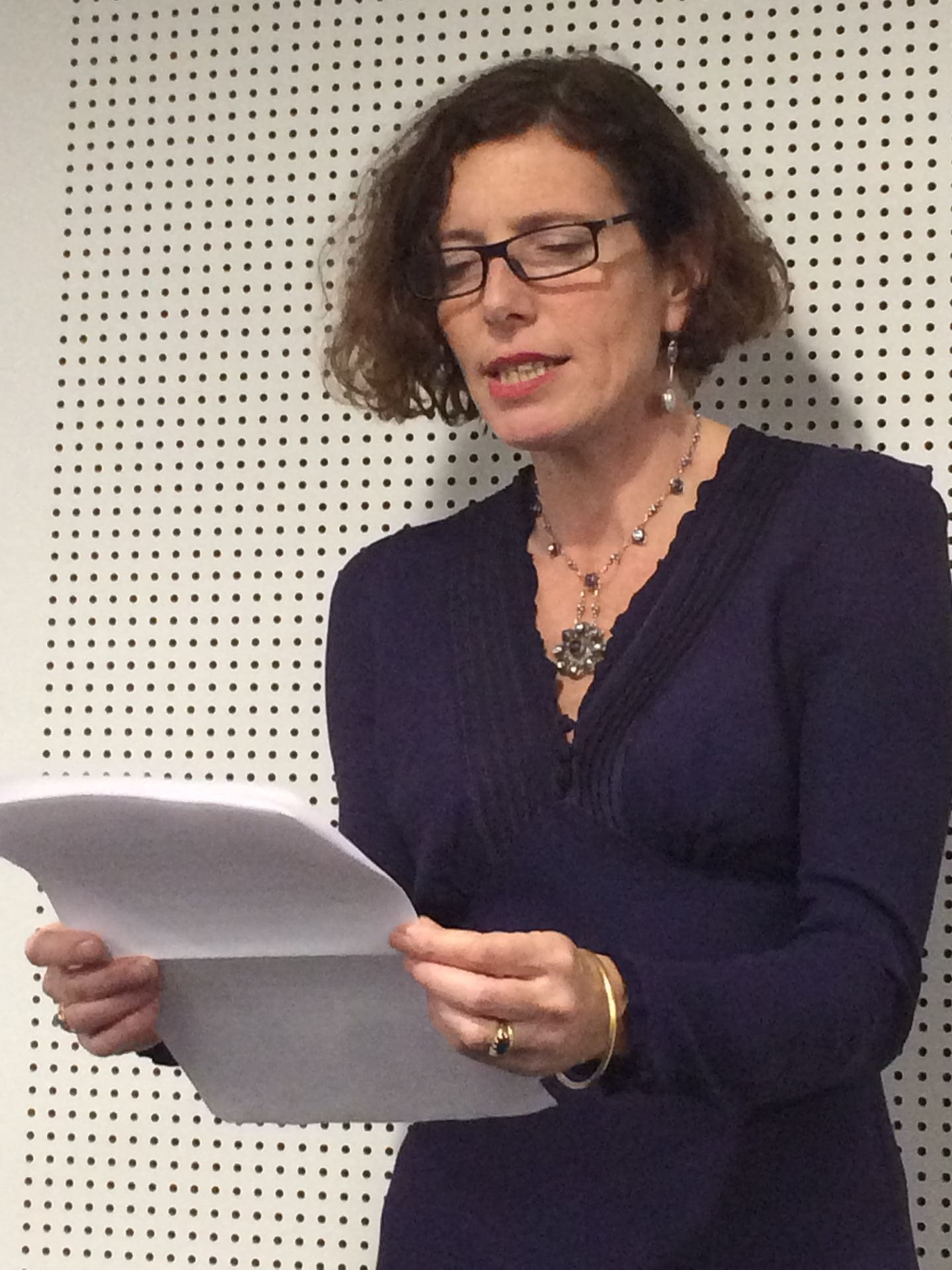

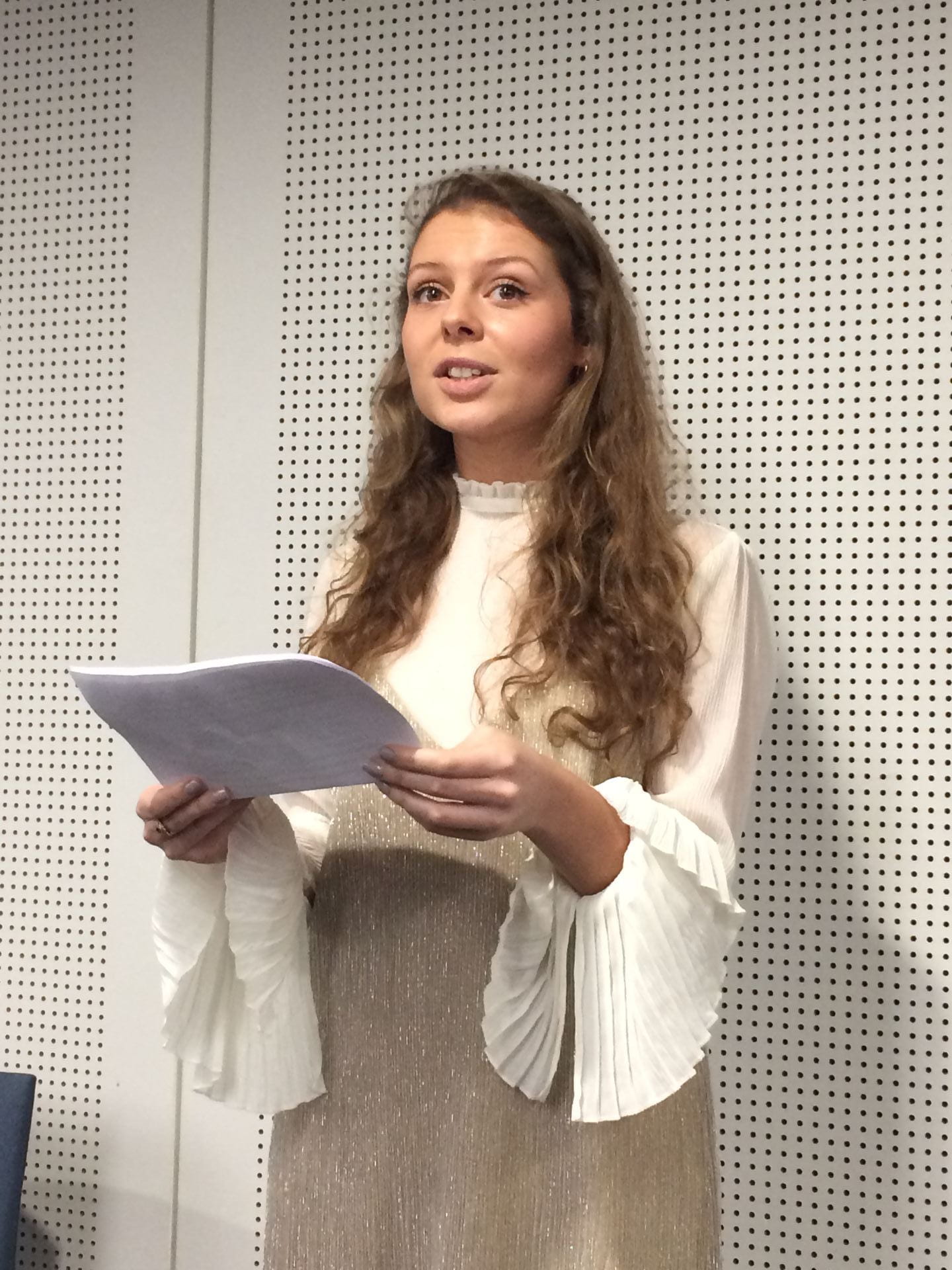
Recent Comments